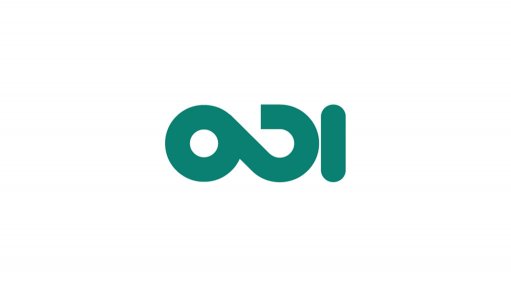
New principles for OECD DAC members on ‘Managing for Sustainable Development Results’ emphasise tailoring result management approaches to different contexts; balancing internal compliance with empowerment at ground level; and adapting implementation in the pursuit of long-term outcomes. However development organisations face numerous challenges in aligning with these principles in practice.
Reporting and evidence collection processes do not consistently encourage adaptive practice, reflecting their orientation towards accountability over learning. Context analysis is common during programme design, but used less on an ongoing basis. Popular tools –such as logical frameworks and theories of change - are often interpreted in linear ways, not as ‘living documents’ that react and change over time.
Organisations need to meaningfully empower staff to work adaptively, including examining incentives and cultures that can make staff more comfortable with traditional results management. Even when senior leadership is supportive of adaptive ways of working, they can lack a clear understanding of the resourcing required and appropriate governance and management processes.
Development organisations and their partners have attempted to address these challenges through the use of different monitoring and evaluation tools and methods, changes to reporting frameworks and templates, and initiatives to create positive incentives and motivate staff, leadership and partners at different levels.
ODI has been given kind permission to reproduce this paper by OECD.